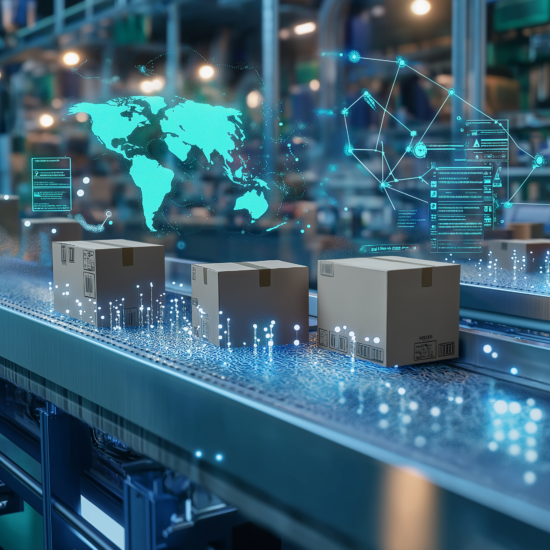The Future of Supply Chain Management
The future of Supply Chain Management (SCM) is being propelled by two major forces: digital transformation and sustainability initiatives. As companies seek to respond more quickly to market changes and shifting consumer preferences, advanced technologies like IoT, Big Data, and AI are playing an increasingly significant role. Through the use of predictive analytics and automated processes, these tools make supply chains smarter, more transparent, and more efficient.
At the same time, sustainability is no longer a peripheral concern—many organizations are integrating circular economy models that emphasize recycling, reuse, and waste reduction to address pressing environmental challenges. By aligning these efforts with cost-efficient methods, companies can enhance their long-term viability and respond to stakeholders’ growing expectations for responsible business practices.
Amid these changes, several key developments are emerging:
- Collaborative networks that boost resilience by sharing insights, resources, and contingency plans among supply chain partners
- Enhanced partnerships between suppliers, manufacturers, and distributors, leading to better coordination and seamless information flow
- More accurate demand forecasting and inventory optimization, reducing waste and improving the ability to meet customer needs
- Sustainable practices that effectively combine eco-friendly measures with operational efficiency
As SCM continues to evolve, organizations that embrace innovation and cross-functional collaboration will be best positioned to handle the complexity of modern supply chains and thrive in an ever-changing global marketplace.






